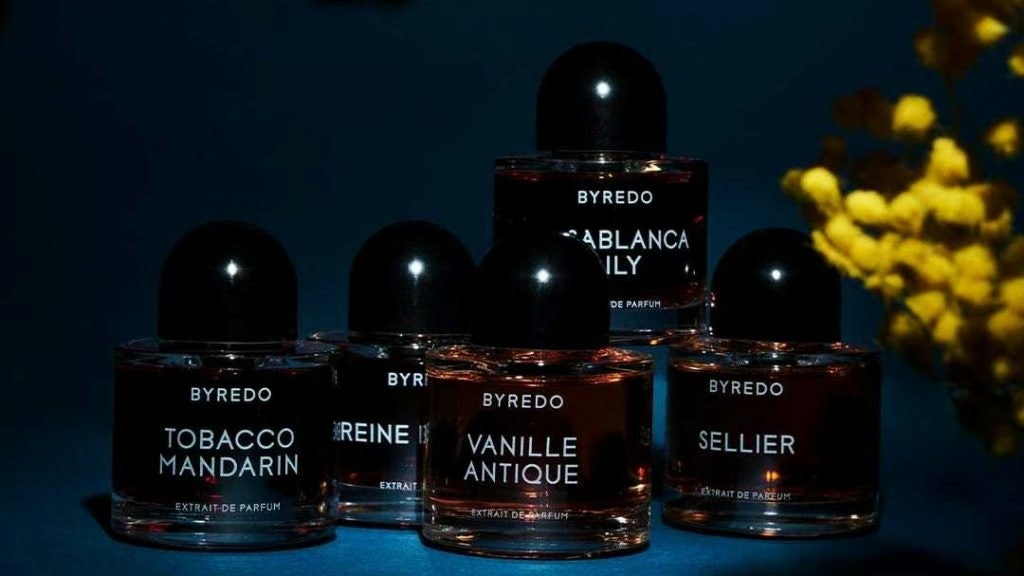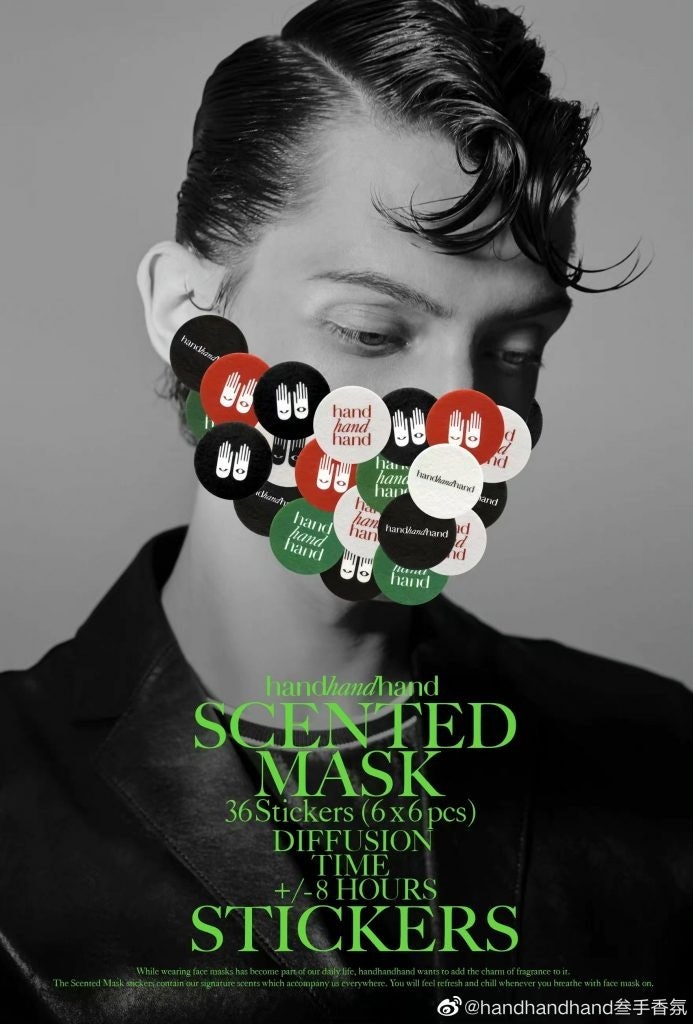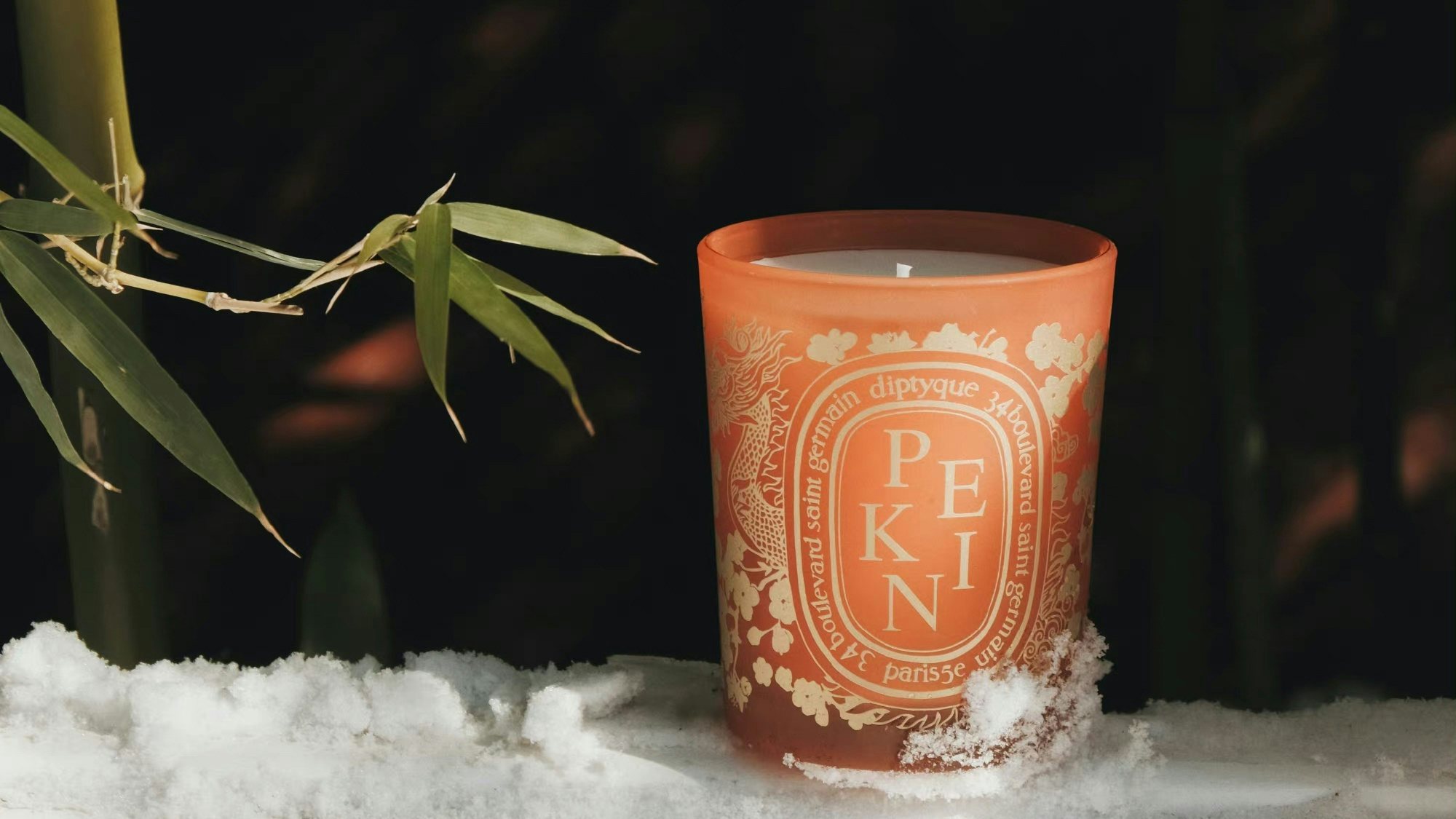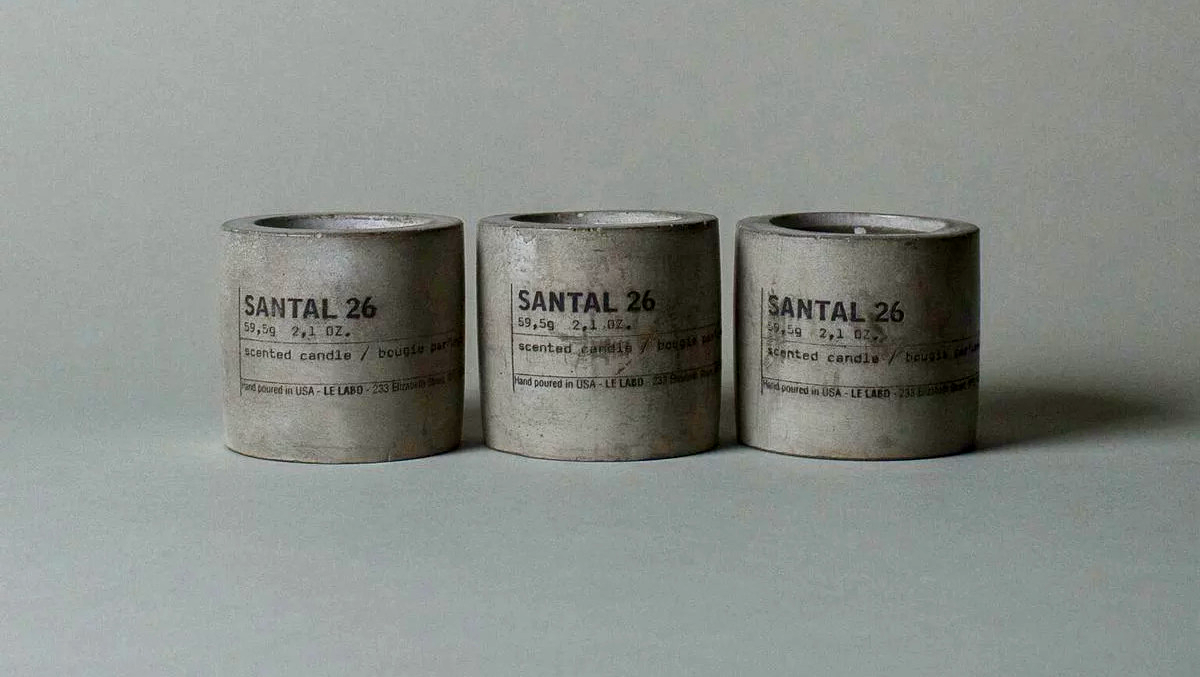Chinese luxury consumers’ demand for fragrances can be divided into three stages — perfume, home fragrances, and personal care products — which are usually developed by brands in this order as their business expands. We have seen that growth at Lane Crawford China, where I work as Head of Beauty. Each phase marks a process of customers exploring and establishing personal tastes and gradually deepening awareness, knowledge, and sophistication.
Phase 1: Fragrance as a statement of personality#
Lane Crawford introduced Atelier Cologne, Diptyque, and Jo Malone respectively in 2013, 2014, and 2016. These more niche outfits made their forays into the Chinese market by launching physical counters with us. Back then, the domestic market was still dominated by international fragrance houses or subsidiary perfume lines of well-known giants like Chanel, Dior, and YSL Beauty, and the consensus was that fragrances were mainly for the high-net-worth in China.
However, with the development of the market, the size of the niche fragrance sector has been growing since 2019 and welcoming the middle classes. In 2020, Stockholm-based Byredo officially landed in China and recorded tens of millions of RMB in sales within eight months, indicating a boom. Just as Chinese consumers are embracing niche fashion labels, they are also beginning to invest in lesser-known perfumes. They like the unique notes of indie ventures but also consider fragrances as their "olfactory cards" — an extension of their personality and taste. With this growth in demand, the pricing of the little-known names can now compare with established labels — with the premium niche fragrance market entering a new stage of explosive development in the mainland.

Phase 2: Home fragrance for living, not surviving#
Since the pandemic broke out at the beginning of 2020, consumers’ time at home has been significantly prolonged. Whether it’s work, workout, or dining, all daily activities happen in the same space during lockdown. These shifts in lifestyle have not only increased shoppers’ pursuit of high-quality décor but also boosted the demand for home fragrance.
The new generation of consumers pays closer attention to rituals in their day-to-day life and shows a higher awareness regarding self-care. A customer once described his experience of enjoying home candles to me, saying how "the moment the candle is lit, my fatigue and irritability are healed.” In addition to scented candles, brands have rolled out candle holders and candle lamps for decoration, which also demonstrates the expanding local demand for home fragrance.
Whether it’s Gen Z or millennials, they both have higher requirements for life. The idea that “I am living not surviving” has resonated greatly with today’s Chinese, and they look to reward themselves under hustle culture with quality lifestyles.
Phase 3: Personal care helps mental wellness#
Personally, the right scents help me stay positive in the workplace and other scenarios. After perfume and candles, the next step is to change our hand creams, hand soaps, shower gels, and even body lotions. With the great success of Byredo’s hand sanitizer and Maison Margiela’s body lotion, I believe that more homegrown fragrance brands will accelerate their steps into the personal care category.
HandHandHand is a designer fragrance label with a unique positioning among local competitors. In addition to hand sanitizers, it creates fragrance products for masks, bringing exquisite smells to must-items for Chinese consumers.

Elsewhere, the application of scent has extended to the kitchen, and Diptyque's newly released kitchen cleaning line is an indicator of this. Zhou Yiping, founder of local fragrance make Futchi, shared that “the young generation of mothers do not want to use products positioned like Blue Moon after working hard to prepare dinner for their families; they hope to have higher-end products with well-designed packaging and smells.” He believes there is a huge market for kitchen fragrances with scents that are not only pleasing — but rejuvenate and heal.
This is an op-ed article that reflects the views of the author and does not necessarily represent the views of Jing Daily.

